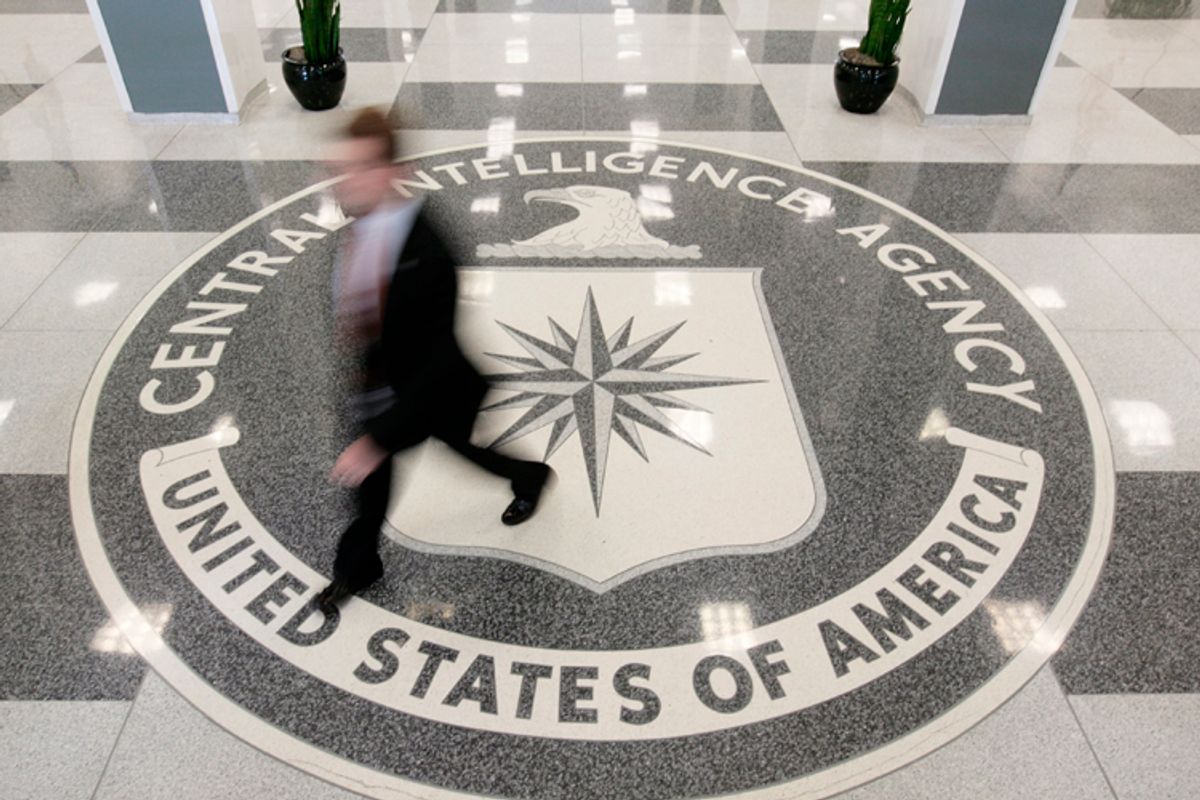An internal Central Intelligence Agency report warned that its assassination program against high-profile terrorist leaders could backfire on the United States, even as it stressed that the program could be of value if used as part of a broader counterterrorism strategy.
The report, published today by WikiLeaks, is dated June 7, 2009, indicating that it was completed during the tenure of former CIA director Leon Panetta. It examined the CIA's practice of "High-Value Targeting" (HVT), defined in the report as "focused operations against specific individuals or networks whose removal or marginalization should disproportionately degrade an insurgent group’ effectiveness." The report surveyed a broad range of countries in which HVT has been deployed as a counterterrorism tactic, including Colombia, Sri Lanka, Israel, Russia, Libya, Pakistan, and Thailand.
According to the report, HVT can undermine insurgents' effectiveness, weaken morale, lead to reduced support for insurgents, divide insurgent groups, and force militants to alter their strategies.
On the other hand, the report's authors cautioned, assassination programs are fraught with risk.
"Potential negative effects of HVT operations include increasing insurgent support, causing a government to neglect other aspects of its counterinsurgency strategy, provoking insurgents to alter strategy or organization in ways that favor the insurgents, strengthening an armed group’s popular support with the population, radicalizing an insurgent group’s remaining leaders, and creating a vacuum into which more radical groups can enter," the report stated.
Moreover, the report concluded that assassinations could generate heightened levels of violence.
"HVT operations may, by eroding the 'rules of the game' between the government and insurgents, escalate the level of violence in a conflict, which may or may not be in a government’s interest," the authors wrote.
Despite such risks, the report affirmed that assassinations could be effective anti-militant tactics.
"HVT operations are most likely to contribute to successful counterinsurgency outcomes when governments decide on a desired strategic outcome before beginning HVT operations, analyze potential effects and shaping factors, and simultaneously employ other military and nonmilitary counterinsurgency instruments," the report stated.
Since assuming office in 2009, President Barack Obama has presided over a dramatic spike in the CIA's use of assassinations against prominent militant figures. In one of the most controversial cases, a CIA drone strike in Yemen killed Muslim cleric and U.S. citizen Anwar Al-Awlaki in September 2011, two years after the report's release. Glenn Greenwald, then with Salon, assailed the killing as a violation of Awlaki's rights to free speech -- he was a high-value target because widely-circulated sermons exhorted militants to jihad -- and to due process under the law.
WikiLeaks' publication of the CIA's report comes the week after the Senate Intelligence Committee released the executive summary of its report on the CIA's use of torture in its post-9/11 detention and interrogation program. In addition to documenting brutal torture techniques, the report also found that CIA officials repeatedly misled the executive branch and lawmakers about the efficacy of torture, which the committee determined was not essential to thwarting a single terrorist plot.

Shares